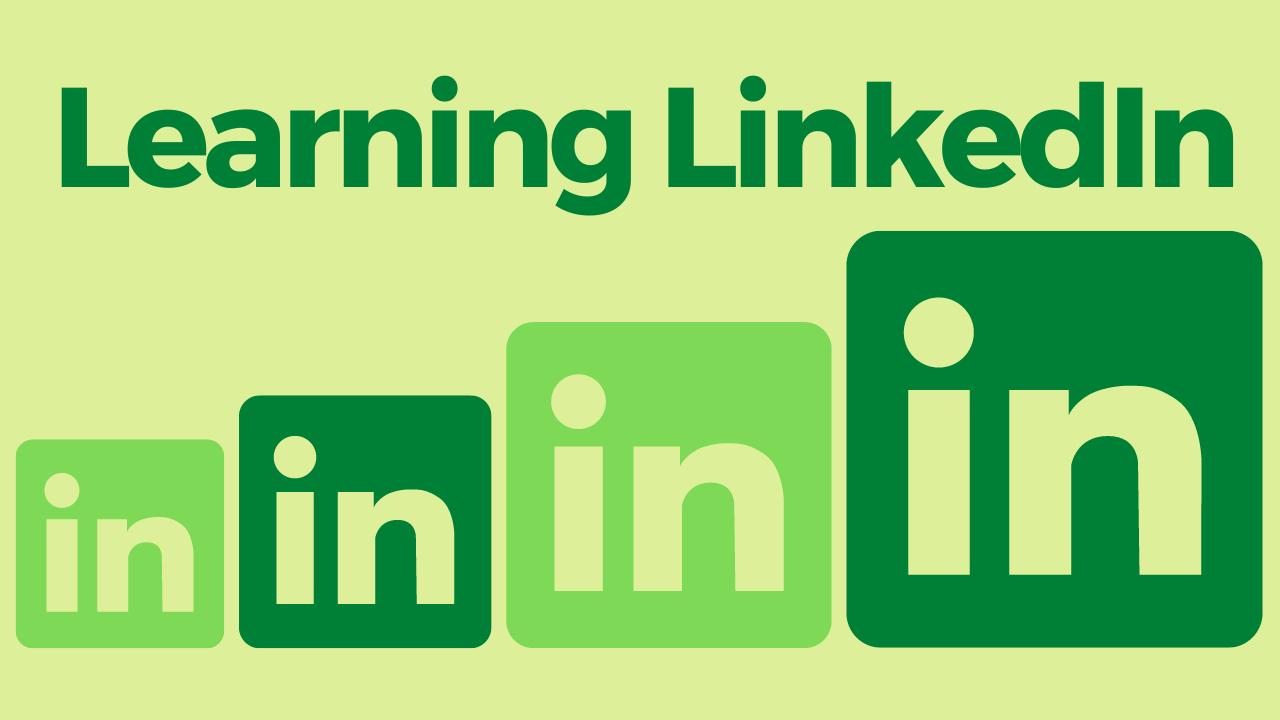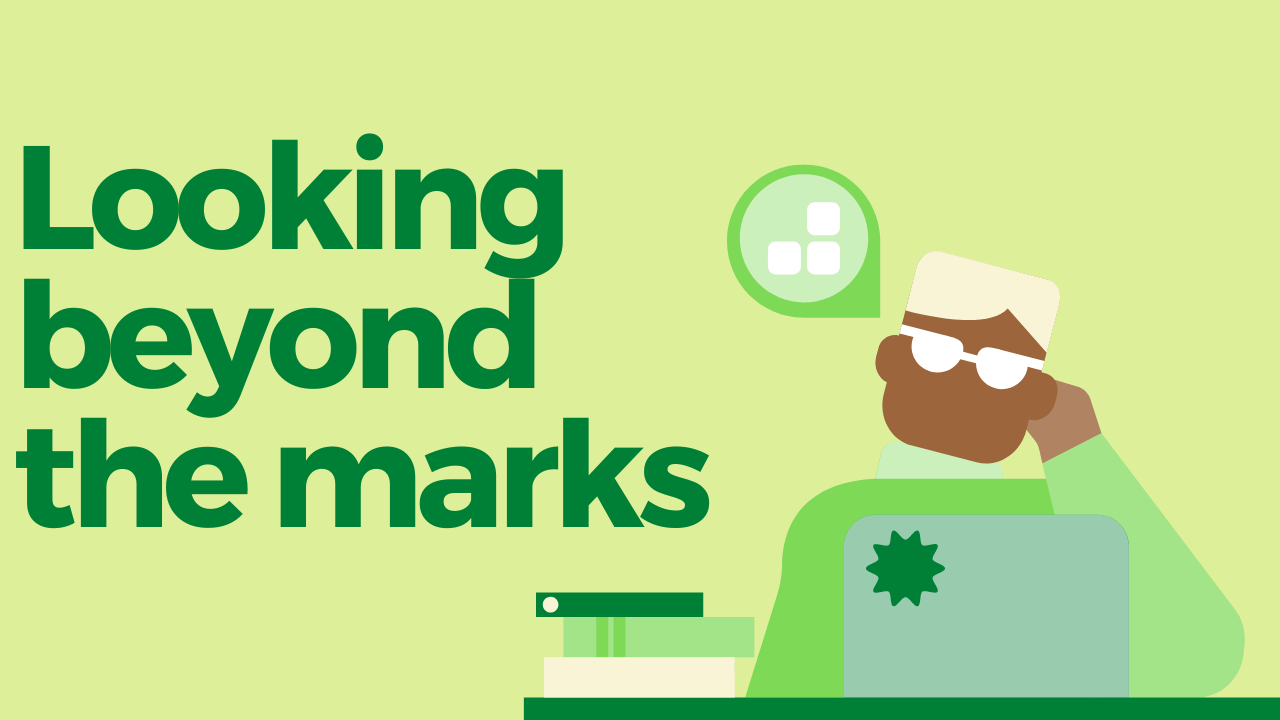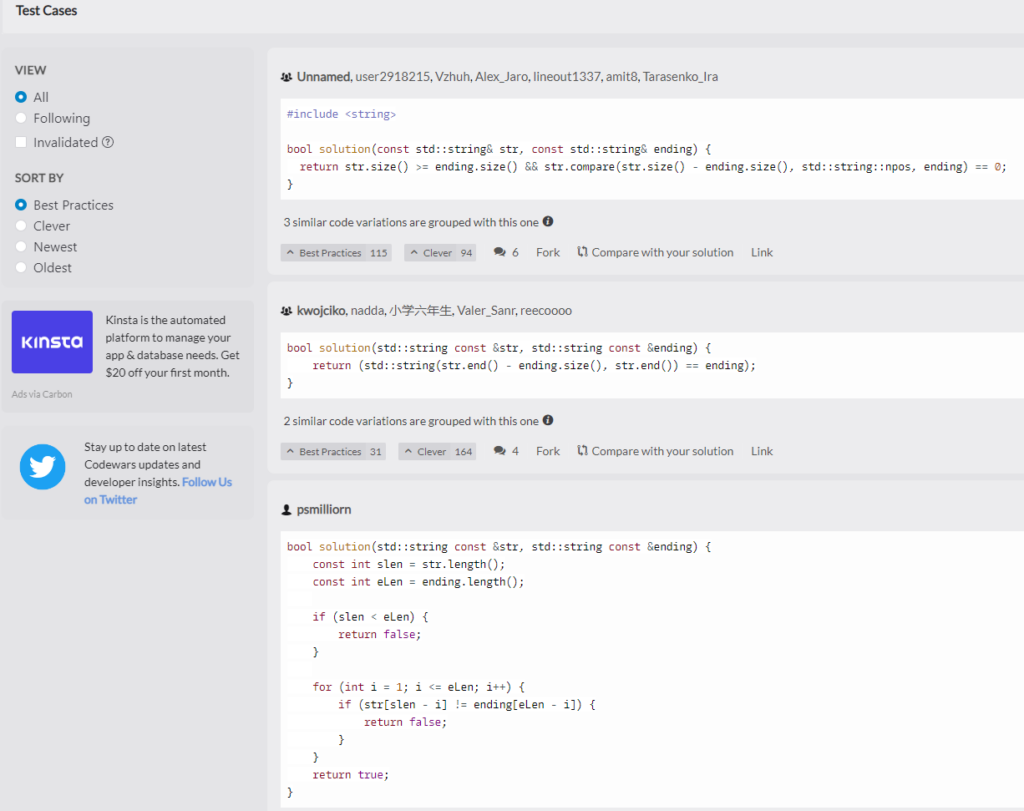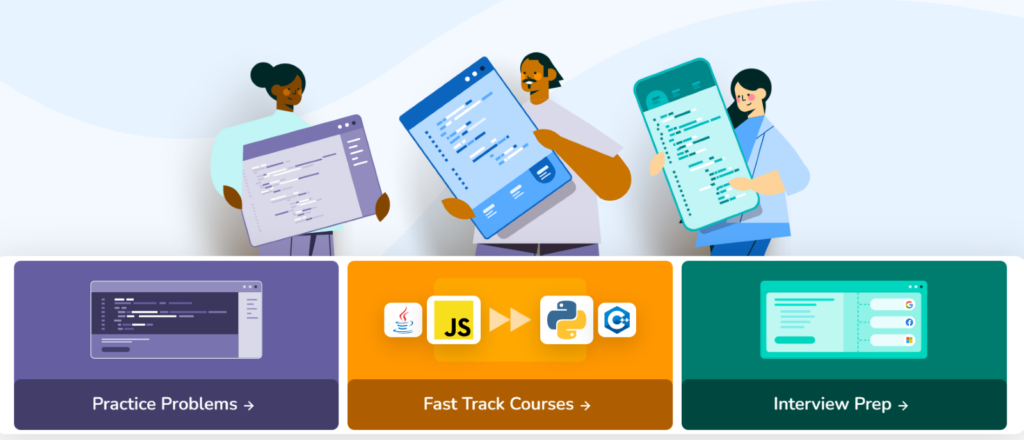When it comes to searching for jobs and developing your employability, the biggest platform is LinkedIn. Chances are you have heard of it, and you might even have an account. But you may not know how to make the most of it.
Do you need to have a LinkedIn account? No, it isn’t essential when applying for jobs. But when more than 9 in 10 companies use LinkedIn to hire new recruits it would be a mistake to not make use of it! Having a good LinkedIn profile is like having a resume that can be seen 24/7 by employers and gives you exposure to tons of great jobs.
Profile Picture
One of the most critical parts of your LinkedIn profile is your profile picture. You need to make sure you have an appropriate photo of yourself. Don’t use something you might have on Facebook or Instagram with a drink in hand or your dog! But there is something worse than having an unprofessional photo, and that would be no photo at all! Having a photo helps employers connect to you as a person and will give you 14x more views than not having one.
If you don’t have a photo, worry not! The university regularly has LinkedIn photo sessions where you can get a professional photo taken to use for your account.
Profile Headline

Now you have a good photo, you need a snappy caption to give a succinct rundown of who you are and what your focus is. It should be something you want a recruiter to know about you. This could be as simple as something like “Graduate seeking cyber security role”. It is short and sweet but tells employers exactly who you are and what you want. If you are struggling to think of a good profile headline, look at other people’s summaries! Be them alumni in the industry you want to go in or just someone you admire; their headlines might give you the inspiration you need. Just try to avoid using overused phrases and words like “Code Ninja” or “Strategic” as they are extremely overused and will mean nothing to employers.
Summary

The profile headline is just a short sentence to introduce you and goes hand-in-hand with your profile picture. But where should you talk about yourself? This is where the summary comes in. It is a paragraph that helps portray your experiences and interests to those viewing your account. Think of it as the best couple of paragraphs in a cover letter. While writing this section, LinkedIn can help you by giving some prompts of what to write if you are struggling to get started.
Like with your CV, you can list your experiences. But unlike a CV, you are not limited to one or two pages, so feel free to list as much of your work experience as you wish and go into some detail about what you did in the role. And it doesn’t just have to be paid experience. You can list volunteer work under “Volunteer Experience & Causes” which is a great way of telling employers something a bit more unique about you.
Networking
The best thing you can be using LinkedIn for is networking. It’s as simple as that.
Connect, connect, connect.
The more people you have in your network, the more exposure you will have to job opportunities. About 80% of jobs on LinkedIn are never actually advertised, they are sourced and found through the network of people a person knows. Just be cautious of building too broad a network that spreads into irrelevant fields (No point adding lots of people in physiotherapy when you are interested in a career in cyber security) as it will just make it hard for you to find the content you want. Start small, focussing on quality over quantity. Add your fellow students, lecturers, co-workers and other people met at events. Aim to reach around 50 people in your network (ideally from broad and separate circles) to give you some strength when connecting with more people.
But how can I start to build an effective network?
It’s a question asked by many starting out on LinkedIn (myself included). Thankfully though, LinkedIn has a handful of effective resources for students and recent graduates. One of those is the Alumni Tool…
Alumni Tool
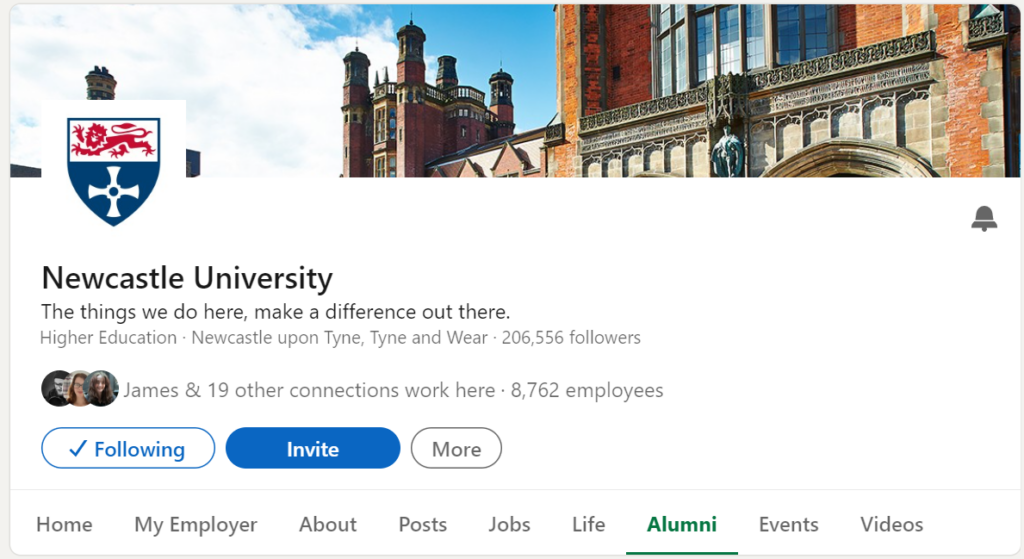
The alumni tool gives insight into the careers and skills for many of the graduates from a given university, as well as where they might be working. This is an extremely useful tool that you should definitely make use of if you haven’t before. Furthermore, if you are considering doing a postgraduate degree, this might help inform the decision you make as it gives helpful information relating to that university like popular career paths, fields of work and key skills. Here you can also see what people have graduated from your university which opens a healthy pool of people you could connect with.
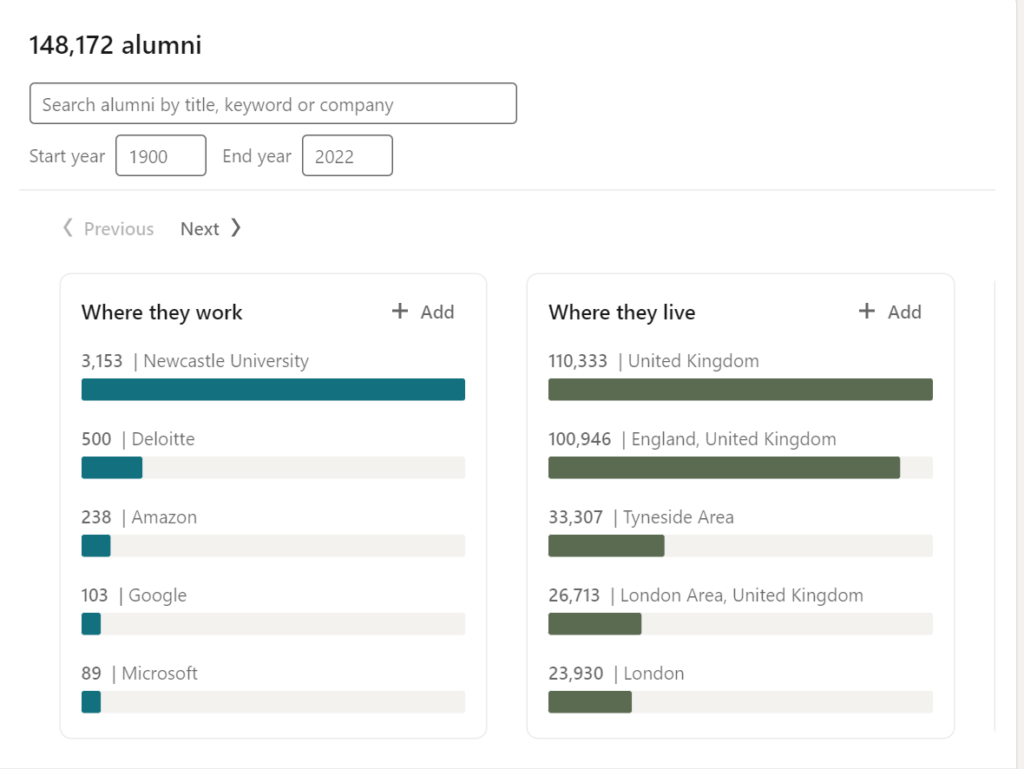
Use LinkedIn!
Making connections isn’t the only thing you use LinkedIn for. If that were the case, it would be a quite boring app. Engage and explore the content and posts shared by others. Not only does it let you see what interesting things people are up to, but it also helps you maintain healthy connections and keep up to date with certain industries. At the same time, you should also be making posts of your own! Saying you have certain skills and experience is all well and good, but it is even better to keep active on LinkedIn with updates about what projects you might be working on. Not using LinkedIn regularly makes it even harder to keep it up to date when you log in every other month!
This is just a short rundown of how you can make use of LinkedIn to help you get a job. There are tons more features to explore and make use of. Some you may never use and that is okay, they aren’t essential. Just focus on setting up the basics of your account and start making more connections!

